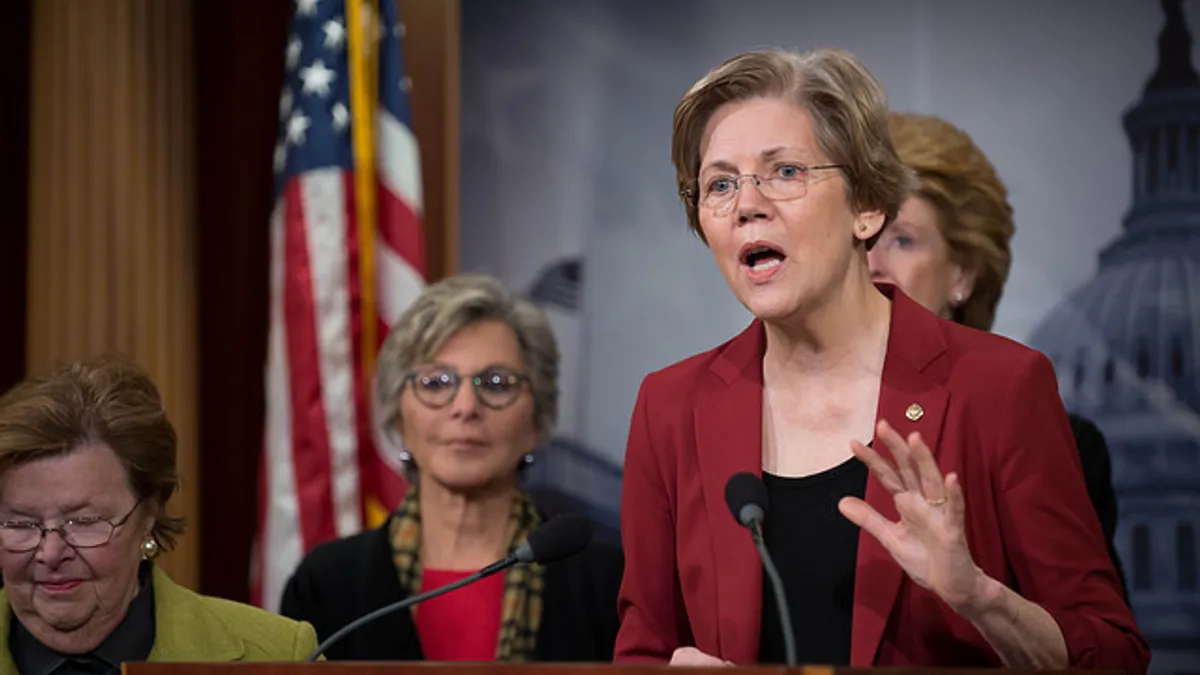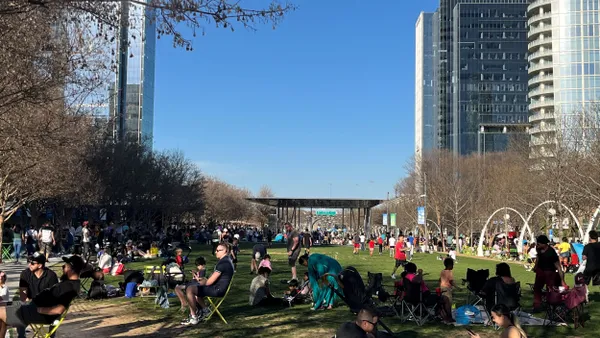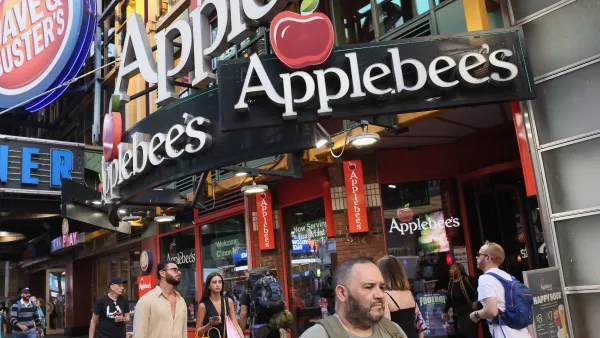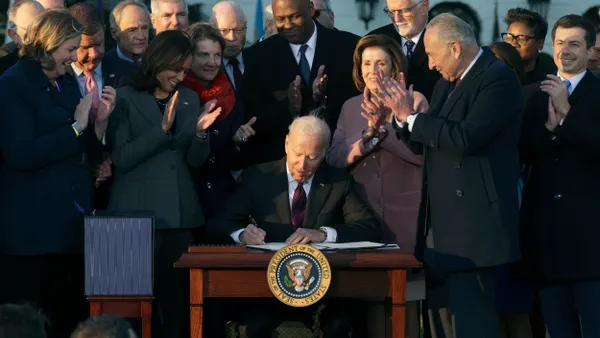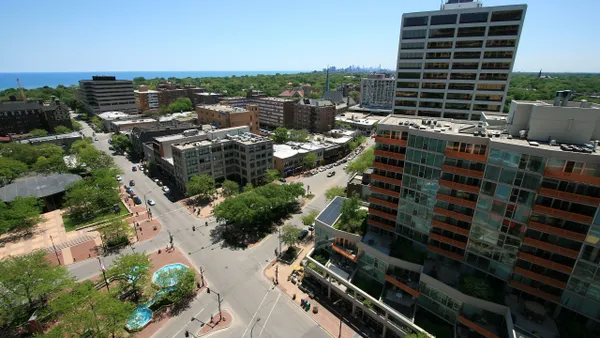Dive Brief:
- Democratic presidential candidate and Massachusetts Sen. Elizabeth Warren has proposed an $85 billion grant program to increase broadband access and help close the nation's digital divide. The plan would also create an Office of Broadband Access in Warren's proposed Department of Economic Development.
- Under the plan, broadband development grants would only go to utility cooperatives, non-profit organizations, tribes, cities, counties and other government groups. The government would cover 90% of the costs for broadband development.
- Also this week, fellow Democratic candidate and New York Sen. Kirsten Gillibrand offered her own $60 billion plan to connect rural areas to high-speed Internet, along with the creation of a Digital Extension Service that will help rural businesses and communities adopt cutting-edge technology.
Dive Insight:
Despite efforts from private companies and governments, the nation's digital divide persists, leaving many rural areas and parts of major cities without sufficient, low-cost high-speed internet. According to the Federal Communications Commission (FCC), 21.3 million Americans do not have fixed broadband of at least 25 Mbps/3 Mbps, although some have said that estimate is too low. Data from the U.S. Census Bureau's American Community Survey (ACS) found that rural counties had the lowest rates of broadband connections, furthering the urban-rural digital divide.
By offering grants to governments, tribes and non-profits, Warren's plan does not wait for private companies to make the connections (her plan also sets aside $5 billion in grants for tribal nations to cover 100% of infrastructure costs). "Just like the electric companies eighty years ago, today's biggest internet service providers have left large parts of the country unserved or dramatically underserved," Warren's pitch says.
That, said internet advocacy group Next Century Cities executive director Francella Ochillo, will help the cities and counties that "can't wait around for traditional [internet service providers] to make the business case to reach them."
"I'm glad to see this being talked about as an infrastructure issue," Ochillo told Smart Cities Dive. "Advocates like us are constantly trying to connect the dots and recognize this as infrastructure. If you do not have access to broadband, you are locked out of parts of society, full stop."
Cities like Chattanooga, TN and Fort Collins, CO have found municipal broadband to be the solution to disconnected communities and lowering prices, which has prompted others to explore their own government offerings. However, some cities have found that infrastructure alone is not enough. It also takes digital literacy education and workforce training to make sure that residents can take full advantage of the connection. Warren and Gillibrand's plans include some education and training outreach, which can help communities fully close the digital divide.


